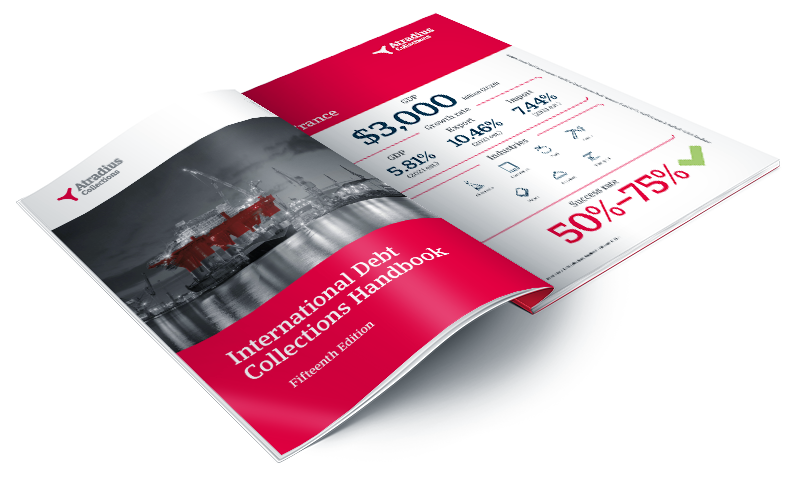Consultez une photographie des risques et performances des principaux secteurs d’activité dans plus de 30 pays. Cette analyse s’appuie sur les informations collectées par les arbitres d’Atradius.
Publications
Filtre
Visualiser 531-540 De 992 Résultats

